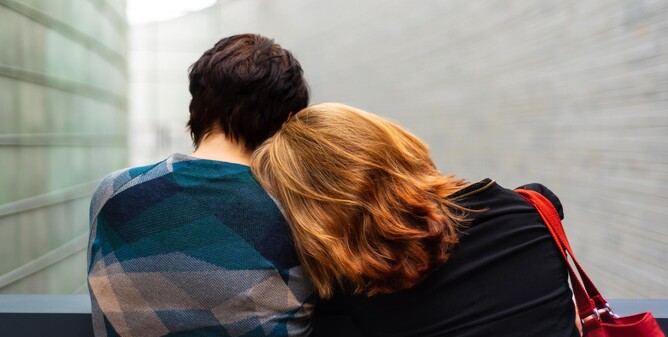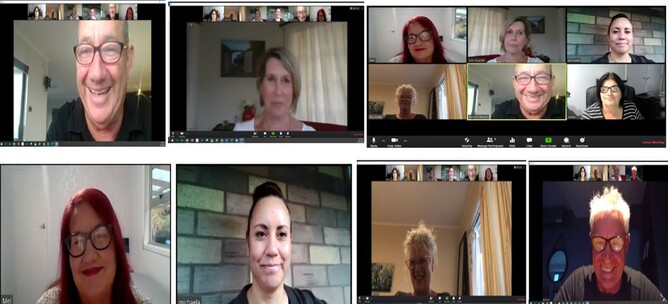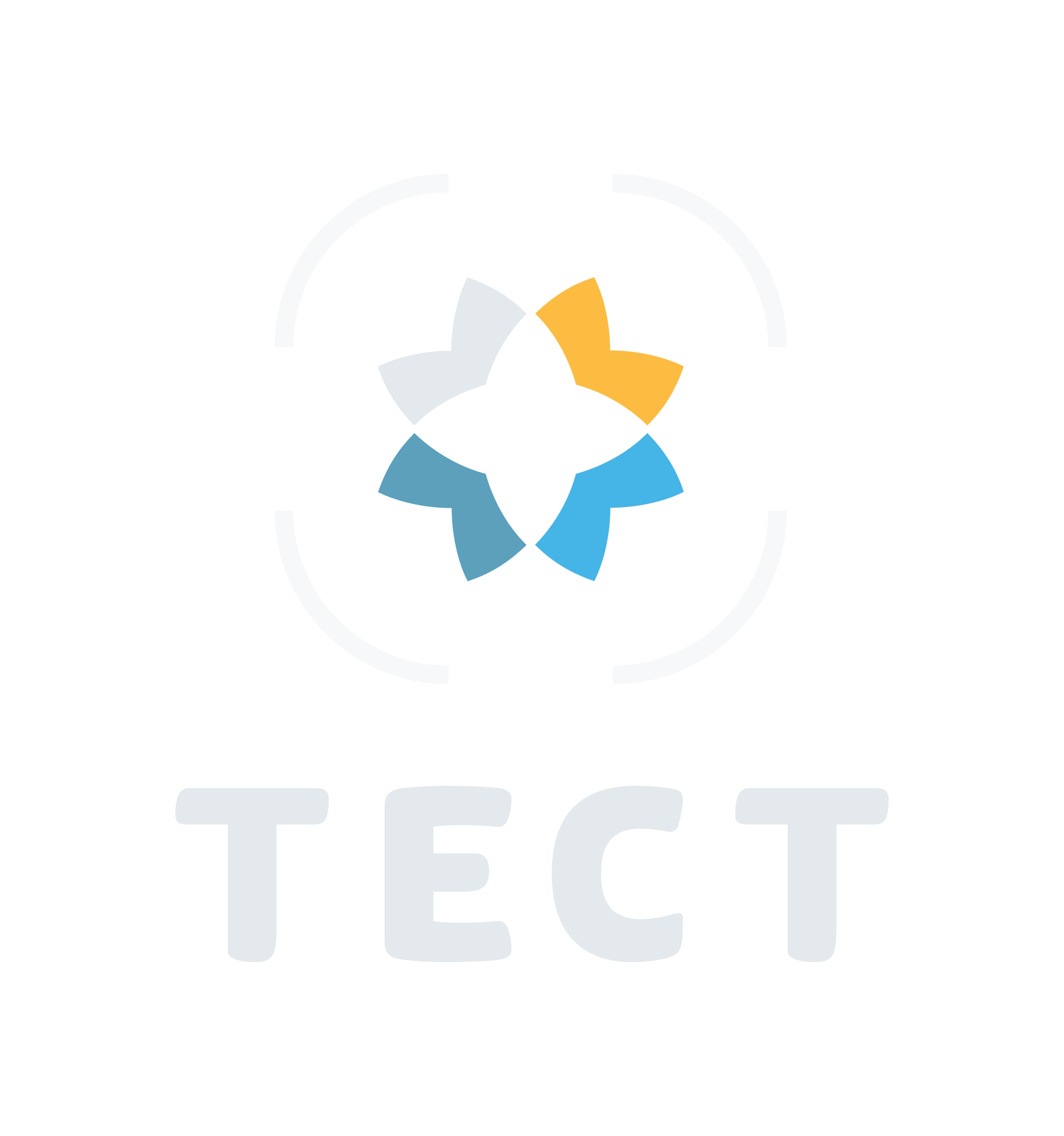It is a dark underbelly many of us don’t see. One we imagine we never will. But addiction is a reality that can creep into any one of our lives when it takes hold of our loved ones.
From stealing and lying, to aggression and depression, the devastation wrought by addiction does not end at one person. It ripples through the lives of mothers, fathers, brothers, sisters, and friends, and it’s a hard role to be in.
Erin O’Neill knows that reality well. When her son was a teenager, he became addicted to methamphetamine. It was something she never imagined would happen to her family.
“He had a lovely childhood, he went to a good school and had lots of friends. It’s everything you want for your child. When I found out he had been smoking meth for two years. I was distraught.”
The years that followed helping her son get clean were a lonely, exhausting place to be.
“I was fearful, of not knowing what was to come, sleeping with my bedroom door locked, making sure things like knives and scissors were hidden. I was never hit myself, but I was terrorized into thinking that I was going to be hit.”
A Support System to Break the Stigma
Erin’s son has been clean for a number of years now and is currently studying for his degree and has begun a great career path supporting youth in his community. But through the arduous journey helping her son heal, Erin found there was a lack of support to help her own healing.
“There are treatments for the addicts, but little was out there to support the families and friends dealing with the fallout. I wanted to be heard. We’d been to counsellors, psychiatrists, anger management, outward bound—but nobody knew what I was really going through.”
With the help of another mum Ros and a local police officer, Erin established Brave Hearts; a support group for those whose loved ones are in the grips of addiction.
After putting a small notice in the paper, they were overwhelmed with just how many people turned up to their first group meeting.
“We had 60 people turn up. We had no idea just how widespread this problem was at the time. Families from all walks of life were sharing similar stories. They were struggling to cope and didn’t know where to turn to.”
With group meetings held twice monthly, 24/7 phone support, one-on-one support, and referrals to counselling and other professional services, the charity aims to fight drug abuse by helping build strong and supportive people behind the addict, providing the best foundation for coping and recovery.
Their education sessions include guest presenters who are addiction specialists, researchers, recovery agencies and ex-addicts sharing their stories, providing much-needed hope and understanding. Individualised plans on coping strategies and potential actions to deal with the behaviours of their addicted loved ones are also developed, and families are encouraged to stay in contact and connect where needed through a closed Facebook page that has over 1500 members.
Erin says the group provides the advocacy, peer support and education needed to fight the stigma that is so often directed towards the families of those with addictions.
“I know how it feels to be alone with this. The stigma that comes with it, being afraid to talk to people because they might blame you. We are trying to get the word out there—please don’t hide this, it can happen to the best of people.”
Facing Addiction and Withdrawal in Lockdown
While many have addictions to synthetics and alcohol, the majority of people who come to Brave Hearts are dealing with a methamphetamine addiction—a drug of choice that has been growing exponentially over the years.
1777 kg of methamphetamine was seized in New Zealand last year – compared to the 3 kg seized in 2003, it is a frightening statistic demonstrating its popularity.
But with the lockdown in place, a slow of supply is forcing many addicts into painful withdrawals. Anxiety, fatigue, meth cravings and even psychosis can be extremely difficult in normal conditions— in the confines of a family home, it can be traumatic to help a loved one through. Protecting the bubble is also a concern due to the unpredictability and volatile nature of addiction.
But Brave Hearts has been operating through the lockdown, running group support meetings by Zoom, and one-on-one support over the phone.
“It's been a challenging time for us, but the benefit of this is we have a far wider outreach. Although some are regulars, a lot of the people who have registered have never attended a meeting in person before. This is particularly helpful for grandparents raising grandchildren.”
TECT has supported Brave Hearts with their operational costs for the past two years, last year providing a grant of $14,000.
TECT Trustee Natalie Bridges says supporting Brave Hearts work is vital for our community wellbeing.
“When we read about the shocking statistics on the meth problem in our region, we rarely hear about the pain loved ones go through; both the mental toll of helping someone through addiction to recovery, but also the stigma and judgment that comes from others.
“With the growing demand, we are glad we can support the incredible work Brave Hearts do supporting these people and educating our community. Knowledge is an empowering weapon in the fight against this horrible drug.”
To learn more about Brave Hearts, visit https://bravehearts.nz/.





